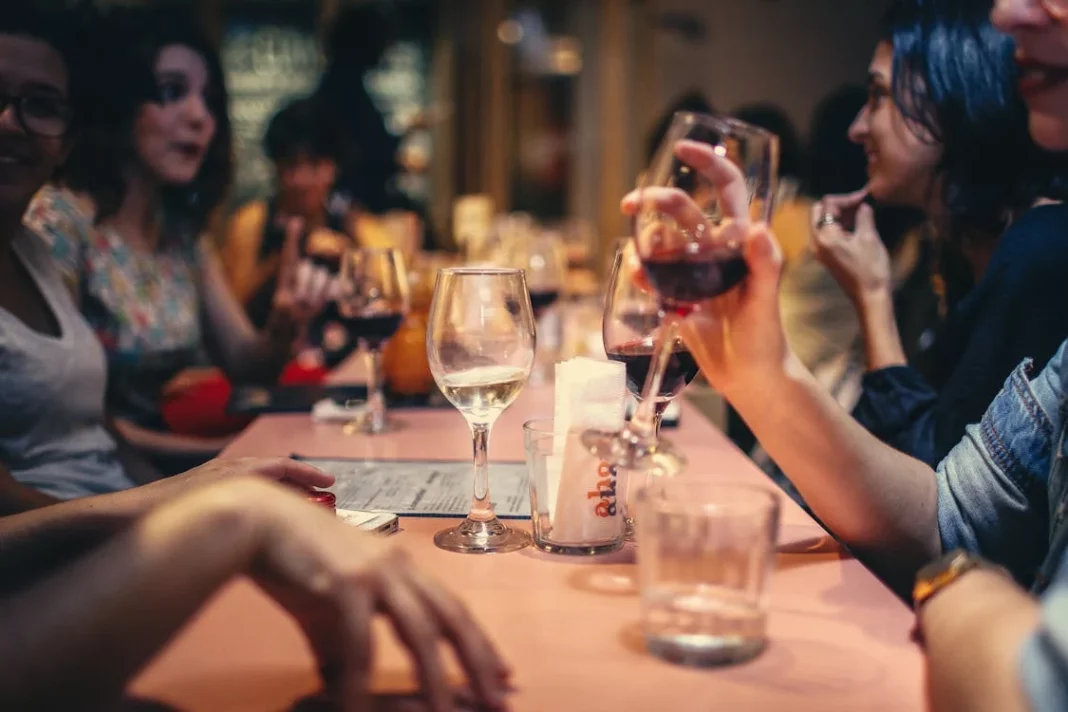The idea that you should never discuss politics at the dinner table has long been a cliché, but over the last few years, it’s become arguably the cliché of our times. Brexit, COVID, Trump, Palestine, you name it – most issues these days are so divisive, it seems impossible to have a normal conversation about them, let alone come to some kind of agreement or, god forbid, to actually change each other’s minds.
It can seem like anytime someone raises one of these issues, the outcome is more likely to be angry mouth-frothing than anything resembling a respectful discussion. So surely it would be better for all of us, the cliché says, if we just left the contentious stuff behind and concentrated on the things we can agree on. The fact that good weather is better than bad weather, for instance, or that dogs are better than cats. Trump-lover or diehard Corbynite, no matter – if only we would stick to these more clear-cut issues, everybody would be friends.
By instinct, I’m not a fan of the cliché. Isn’t it infantilising, treating us all like we’re small children, unable to talk about anything even slightly controversial without having a temper tantrum and throwing our toys out the pram? Wouldn’t it be healthier, not to mention less boring, to have all the contentious stuff out in the open? After all, what does it say about our relationships, be it with friends, family, or the always-smiling dog-walker in Port Meadow, that we can only spend time together as long as we leave the things we might disagree on out of sight. It seems less like a recipe for healthy relationships than for repressed feelings and mutual suspicion. Surely we can get along whilst having our views out in the open – and maybe we’d even like and respect each other more because of it, not less.
My relationship with friends back home has put this opinion to the test. Sometimes I feel like studying at Oxford has been a years-long process of developing views that are the polar opposite to those held by the people where I used to live. I don’t think I’m being unfair to anyone when I say I grew up in a Brexit-town, before Brexit was even a thing. A small but once busy seaside tourist destination in south west England, my little town now has more boarded-up pubs and fish and chip shops than open ones. The people there are angry, and you only have to hang around for a few minutes to hear it. Benefit scroungers are stealing taxpayers’ hard-earned money. Immigrant ‘invaders’ are slowly managing to implement Sharia law. Feminists won’t be happy until all men are in prison. The town, like the country, is going down the pan – and somebody has to be responsible.
For a long time I couldn’t resist the temptation to fight the cliché. When you hear straight-up untruths, it’s hard to bite your tongue. I’d take the opportunity to point out that, say, the striking NHS nurses weren’t all ‘skivers’, or that hundreds of people weren’t now suddenly dying from COVID jabs. Granted, there was a bit of me which did this almost like a reflex, and I was sometimes less sensitive than I could have been: of course the COVID jabs are fine – and you have to be mad to even question it. But for the most part, I thought there was nothing wrong with us having a good old argument, and that maybe if we were all open about these things, some of us might even change our views. It didn’t work. We never properly fell out, but I often wondered if we would.
The trickiest part of all this has been feeling that I myself have turned into exactly the stereotype the people back home are sick of in the first place. And it’s hard to deny that in many ways I have become exactly the ‘woke social justice warrior’ who the Trumpists and others are fighting against: the person who abandons his roots and goes off to uni, home of the woke mind virus and the liberal metropolitan elite, learns a bunch of things about social justice, then returns home from time-to-time to explain to everyone exactly how they have got things so wrong. I’ve turned into one of ‘them’, and so before I’ve even opened my mouth, everything I say has already been discounted. The more ‘calmly and reasonably’ I put my point across, the more condescending I feel they think I’m being. And in a way, they’re not completely wrong.
Therein lies the difficulty. These stereotypes are now so deeply embedded, it means that we don’t take each other seriously anymore, even when there might be a degree of truth in what the other person is saying. As for me and my own friends, we seem to have fallen into an unspoken agreement that things would be much easier if we just leave the controversial stuff off the table. I’ve ended up feeling happy enough with this, because the fact is that it does feel easier to get along with people when we stick to what we do have in common rather than what we don’t. For the moment, it seems to be working. What it says about the strength of our friendships, I’m not so sure.


